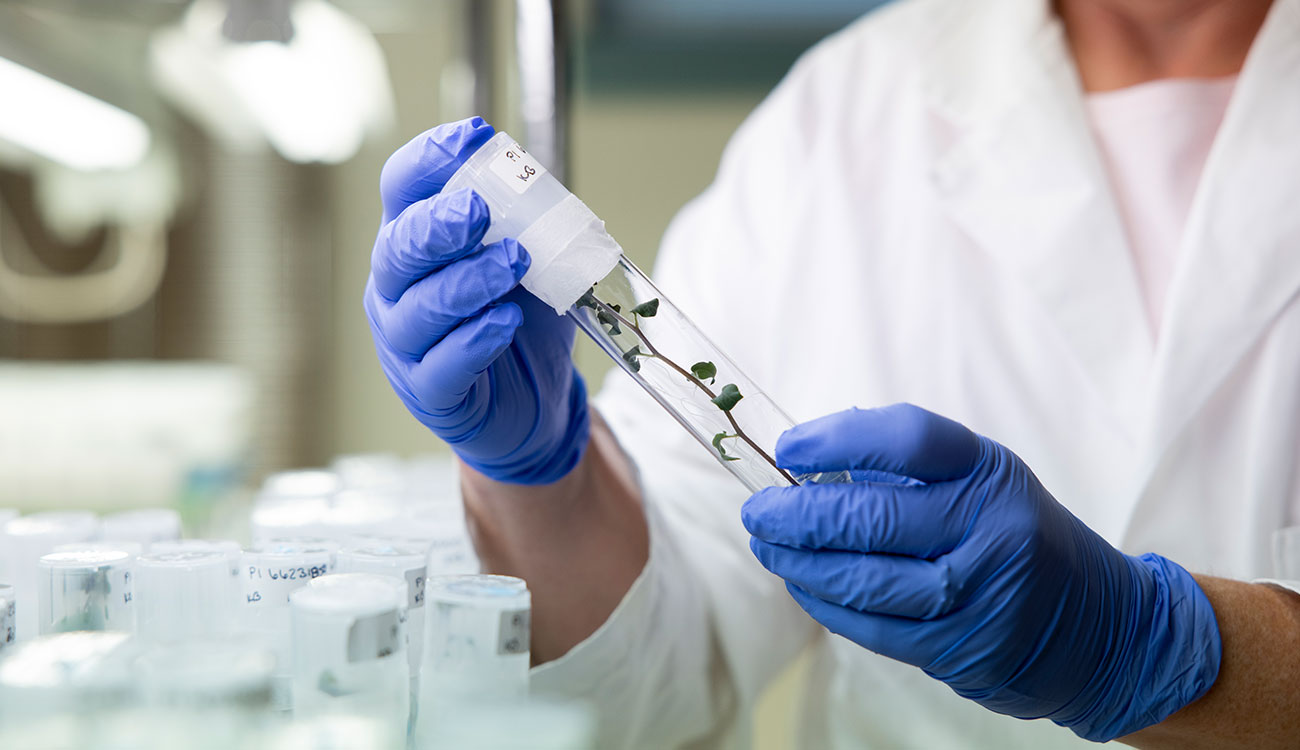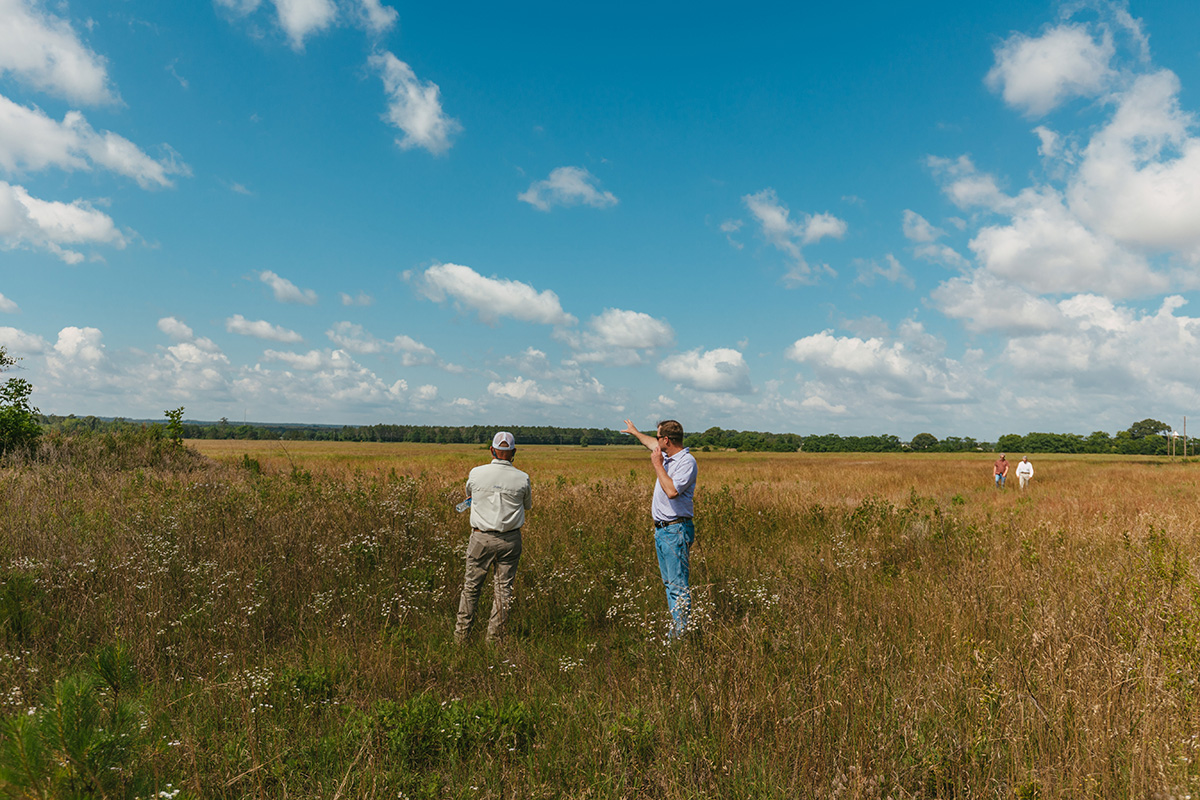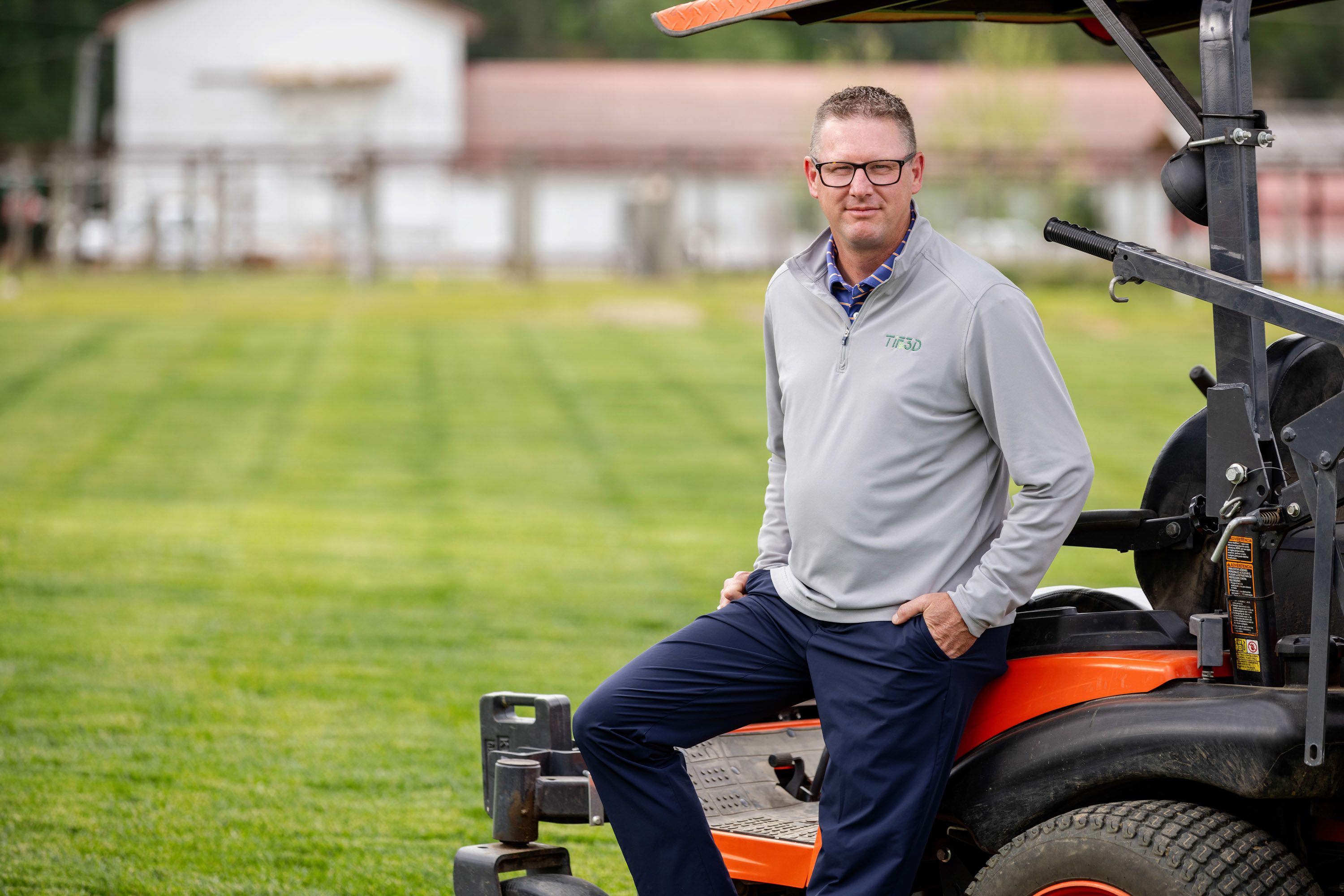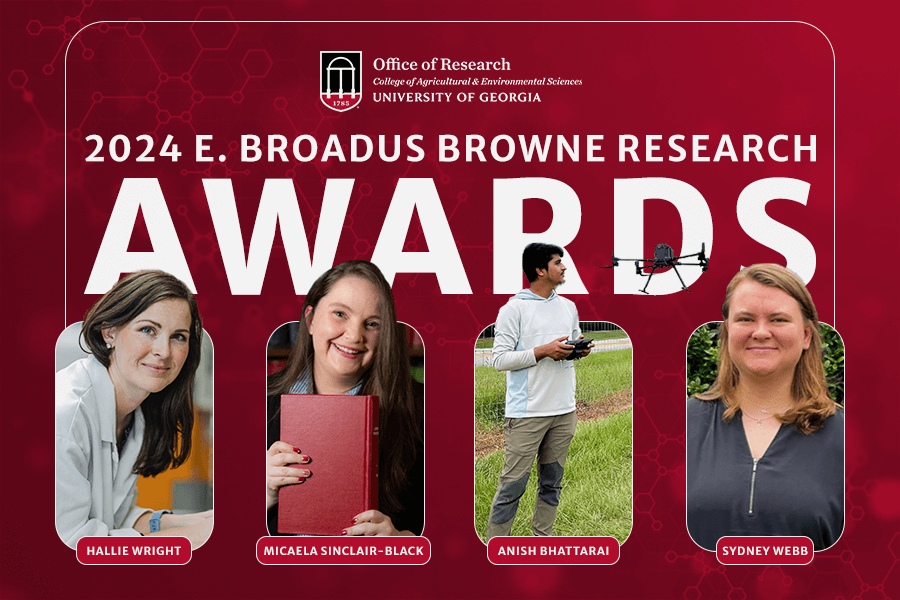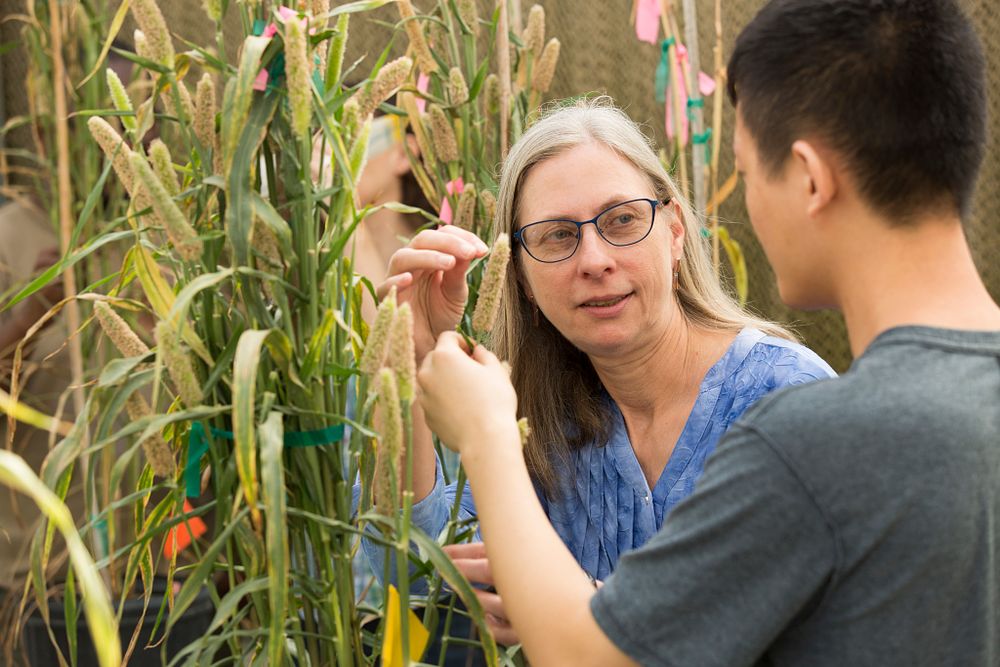 CAES News
CAES News
The Plant Center: A nexus for plant research at UGA
The University of Georgia Plant Center is a collection of faculty and scientists from across multiple campuses who share common interests in plant science. From basic science in plant biology and genomics to highly applied projects in genetics and plant breeding, researchers run the gamut of plant-based research. More than 60 faculty are affiliated with the center, hailing from seven departments across four colleges and schools and three separate campuses in Athens, Tifton and Griffin.

